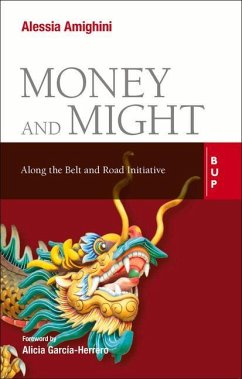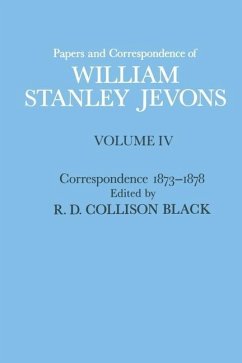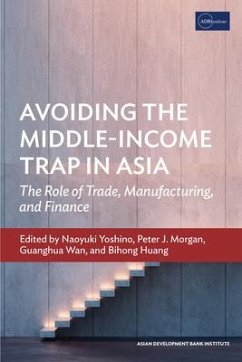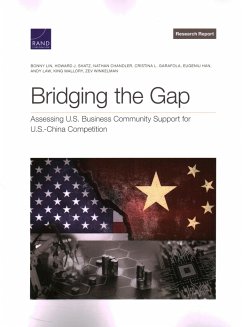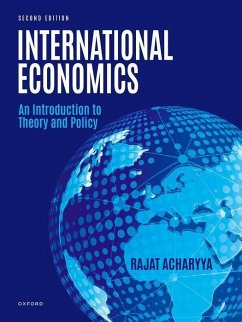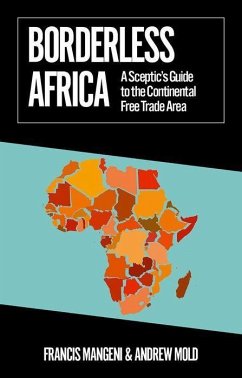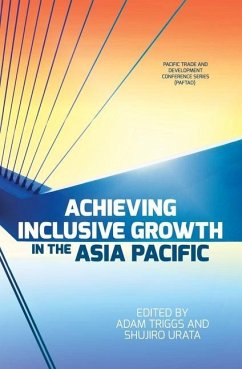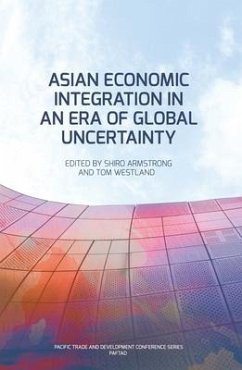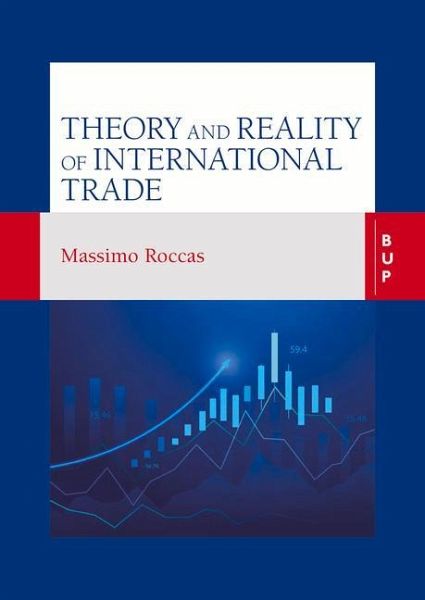
Theory and Reality of International Trade

PAYBACK Punkte
36 °P sammeln!
In recent decades international trade theory has not been very helpful, overall, in explaining the causes and effects of contemporary trade flows. This has been due, first, to trade theory continuing to refer to the Ricardian principle of comparative advantage, which is based on a number of irrealistic hypotheses such as full employment and trade balances' equilibrium. And, second, to the fact that the non-satisfaction of key Ricardian hypotheses has hindered the working of trade balance re-equilibrating mechanisms; as a result, countries' absolute advantages, possibly more than comparative on...
In recent decades international trade theory has not been very helpful, overall, in explaining the causes and effects of contemporary trade flows. This has been due, first, to trade theory continuing to refer to the Ricardian principle of comparative advantage, which is based on a number of irrealistic hypotheses such as full employment and trade balances' equilibrium. And, second, to the fact that the non-satisfaction of key Ricardian hypotheses has hindered the working of trade balance re-equilibrating mechanisms; as a result, countries' absolute advantages, possibly more than comparative ones, appear to determine countries' trade flows. This book, using plain language that makes it accessible to non-economists, offers a new perspective, describing some recent lines of research that throw light on the key determinants and the main problems of the contemporary structure of international trade, such as power relations and the role of standards and networks. One of the aims is to show the crucial importance of non-economic forces - historical, political and technological - in shaping countries' trade flows and countries' position in the international economic hierarchy.




